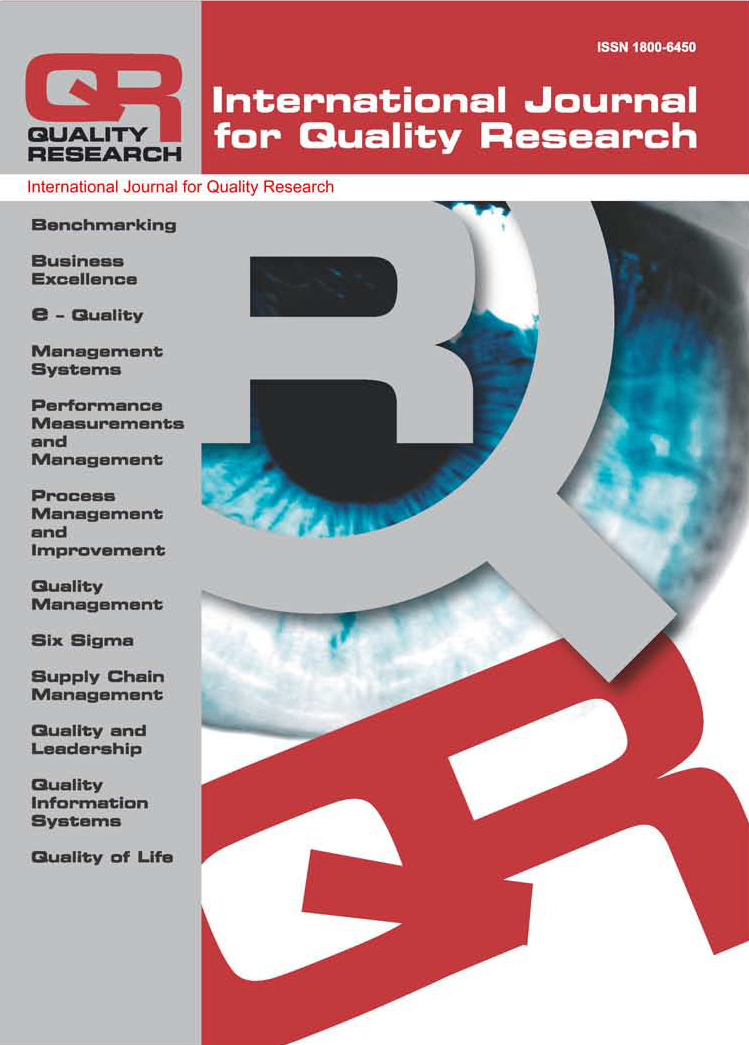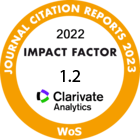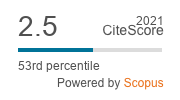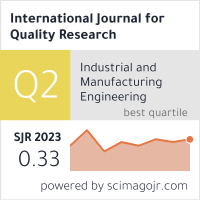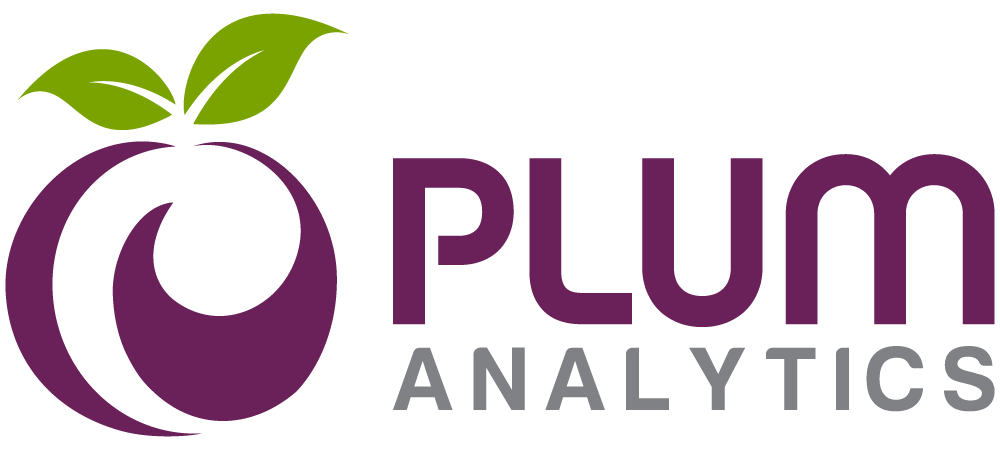"PAY FOR QUALITY" (P4Q) AS A NEW FORM OF PAYMENT FOR WORK: ADVANTAGES FOR DEVELOPING COUNTRIES AND THE SCIENTIFIC-METHODOLOGICAL APPROACH
Svetlana V. Lobova,
Aleksei V. Bogoviz,
Alexander N. Alekseev
Abstract: The article seeks the goal of substantiating the advantages for developing countries and developing a scientific and methodological approach "Pay for Quality" (P4Q) as a new form of stimulation and payment for work. Originality and novelty of this research consists, firstly, in determining and substantiating the advantages and the logic of selecting the approach to motivation and stimulation of work in entrepreneurship, as well as the preconditions to using the P4Q approach. Secondly, in developing the scientific and methodological recommendations for measuring quality and the scale of advantages of its increase for a company, which will allow implementing the P4Q approach by a large range of companies. Thirdly, in studying the experience of developing countries as socio-economic systems with the specific conditions of application of the P4Q approach. This is a new form of payment for work, which is very interesting for developing countries, as it allows creating well-paid jobs and using unique, intellectual, and skilled human resources in entrepreneurship. This will allow implementing human potential and giving a powerful impulse to development of hi-tech private entrepreneurship, which is oriented at innovations and quality, as well as forming sustainable global competitive advantages based on high quality of products. Due to application of the P4Q approach to stimulation of work in developing countries, the rate of economic growth and market capitalization of business increase. For this, a perspective scientific and methodological approach to stimulation of work - "P4Q" - is offered, perspectives are outlined, and applied recommendations for its implementation in developing countries are given.
Keywords: Quality; Pay for Quality (P4Q); Form of Payment for Work; Stimulation of Quality of Work; Developing Countries
DOI: 10.24874/IJQR15.04-20
Recieved: 30.08.2020 Accepted: 09.03.2021 UDC: 005.336.3(1-773)
Reads: 1330 
